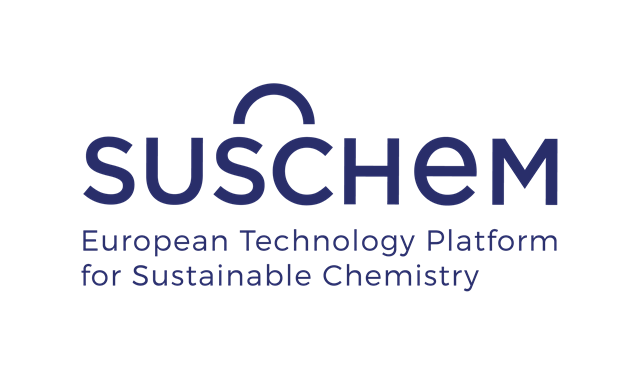 Today (15 December), the next step towards the Water Efficiency European Innovation Partnership (EIP) took place at a workshop in Brussels organized by the European Commission. The event held at the EUREKA offices in Woluwe Saint Lambert highlighted possible innovative contributions to the EIP from SusChem and other European Technology Platforms (ETPs).
Today (15 December), the next step towards the Water Efficiency European Innovation Partnership (EIP) took place at a workshop in Brussels organized by the European Commission. The event held at the EUREKA offices in Woluwe Saint Lambert highlighted possible innovative contributions to the EIP from SusChem and other European Technology Platforms (ETPs).Under the
Innovation Union flagship initiative of the European Union, the Commission’s DG Environment, in cooperation with DG Research and Innovation and other DGs, is developing a proposal for a candidate EIP on Water Efficiency. The objective of the Water Efficiency EIP is to develop innovative solutions for water related challenges and boost innovation to create a global leadership position for European water technology and services.
The 15 December workshop was one of a series of stakeholder consultations to help develop the EIP and was specifically targeted at relevant European Technology Platforms, including SusChem and the
Water Supply and Sanitation ETP (WssTP), to discuss existing innovative solutions, develop a prioritization of areas in which innovative solutions need to be developed and identify where the activities of these ETPs and the EIP can support each other. Other topics included discussion of the optimal governance model for such an EIP.
SusChem solutionsThe meeting was active, open and free discussion on priorities and possible research and innovation needs in the water sector. SusChem’s input was led by Cefic Innovation Manager Antonia Morales Perez.
“The meeting was very positive and constructive,” commented Antonia. “SusChem is determined to show leadership and to make a significant contribution to solving water issues by working with partners to pursue large-scale projects which can demonstrate real value for society.”
Water is one of four key innovation initiatives for SusChem. SusChem is looking to develop breakthrough technologies and provoke a paradigm shift in integrated water management systems. This essentially involves revaluing water as a precious raw material rather than a utility product: rethinking the traditional approach in order to avoid future competition for water supply between industry and citizens in, for example, urban areas.
Priority for EuropeIn June 2011, the Council of the European Union concluded that 'while water availability and water quality are essential for sustainable development and green economy, waters face many threats including increasing trends of global population growth, urbanization, pollution, overexploitation, desertification and climate change.’ Due to these increasing challenges and greater demand for scarce water resources it has been estimated that a global water supply shortage of up to 40% may emerge by 2030.
To achieve water resources protection and sustainable water management the Council highlighted the importance of innovation to find sustainable solutions and invited the Commission to 'investigate an innovation partnership on water in close cooperation with the Member States, with a view to achieving sustainable and efficient use of water.'
The overarching visionary objective of the candidate EIP is that in 2020 Europe will have safe, available and affordable water supply and waste water treatment for all users in place, based on sustainable management of the water resources and the most innovative, competitive and cost effective solutions.
Following the current intense consultation period, it is hoped that a final blueprint for a Water Efficiency EIP could be published in an EC Communication in June 2012. This would be highly appropriate as 2012 has been declared as European Year of Water. Following endorsement by the European Council and European Parliament this could allow the EIP to become operational by early 2013.




